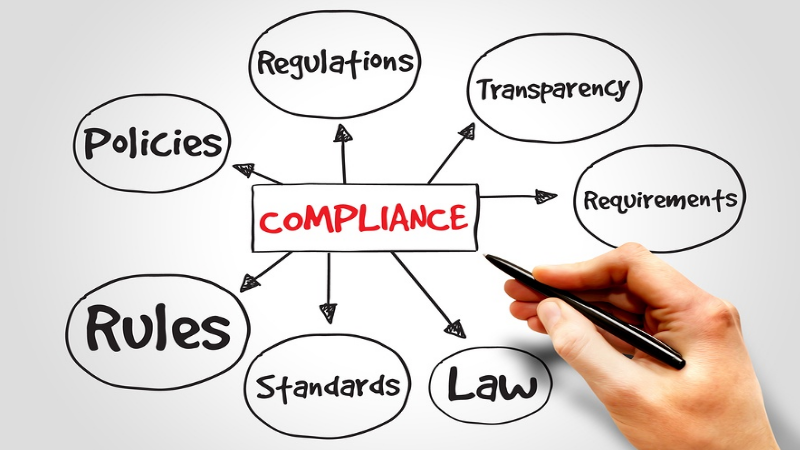A very important new rule – disclosing events in a timely manner to the tax office – has been largely overlooked. SMSFs with more than $1m in super need to be aware of the implications

How often do you talk to your SMSF administrator and tax agent?
I’m guessing probably only infrequently and perhaps just once a year to get the fund’s financial accounts, audit, tax and return work completed.
For many higher net worth retirees, this will need to change in the next few years.
To understand why, we need to talk about how SMSF administration has been typically run for many years:
- During a financial year you get on with operating your fund that is, make contributions, invest money, pay expenses and receive benefits.
- Sometime after the end of each financial year, you will deliver to your SMSF administrator relevant paperwork such as a listing of the fund’s bank account transactions, asset purchases and sales, outgoings and so on.
- The administrator then creates the fund’s accounts including completing any outstanding paper work that has not been finished or even started. They might (and this is not ideal) complete relevant pension paper-work. Often, at the same time, the fund’s tax position is also finalised. If your fund is paying pensions then you might need to get an actuarial certificate to determine what portion of total fund income will be exempt from the 15% earnings tax within the fund.
- Once the accounts are complete, the fund’s auditor then checks that the fund’s financial accounts accurately represent what occurred and will also check to make sure no super laws have been breached.
- When the fund’s auditor has completed their work, the fund’s tax agent completes the fund’s ATO annual return and makes sure that it’s sent to the tax office.
Now there are some variations to these points. It may be that the fund’s administrator has the fund’s bank account and other financial investment transactional data automatically sent via internet gateways to them, and has built rules to automatically allocate as many of these transactions as possible to the fund’s financial accounts.
In other words, this data gathering and assessment process might be highly automated (the quality of these automatic data feeds is a controversial issue amongst administrators, but this is a separate issue).
Even in these situations, trustees and administrators may talk just once a year about what is happening in the fund.
The main point here is the infrequent contact between SMSF trustees and their administrator that is, the chief fund transaction documenter, accountant and auditor.
For many retirees, this occasional ad hoc approach will not work in the future. I am unconvinced anyone is really talking about this fairly dramatic change or has realised its significance.
Why the need to change?
Because the amount of money you can have in pensions is restricted to the $1.6 million Transfer Balance Cap (TBC) and the legislation that governs this new rule demands that information about your pensions is sent to the ATO in a timely fashion.
For starters what information do they need to know about? There are seven different events that need to be reported to the ATO for TBC purposes. The four main events are:
- You commence a retirement pension
- You take a lump sum payment from your pension
- You permanently retire and as a result your Transition to Retirement pension is deemed to enter what is called the “retirement phase”
- The ATO has determined that you have more than $1.6 million in retirement pensions and has demanded that you take the excess money out of the pension system
The exact design of when and how often pension transactions will have to be reported to the ATO isn’t finalised, but there is a strong suspicion that those with higher super account balances – probably more than $1 million – will need to send data to the ATO within 10 days after the end of a month in which a transaction occurred.
However transitional rules will apply before this is required.
Just to clarify – the ATO do not need you to report for Transfer Balance Cap purposes that you have made an income payment from your SMSF.
The key issue is you will need to accept that before you do most things with your pensions in your SMSF, you should talk about your plans with your fund’s administrator so that you can ensure this new compliance requirement is met.
Welcome to the new more expensive super landscape which so many people unfortunately supported.